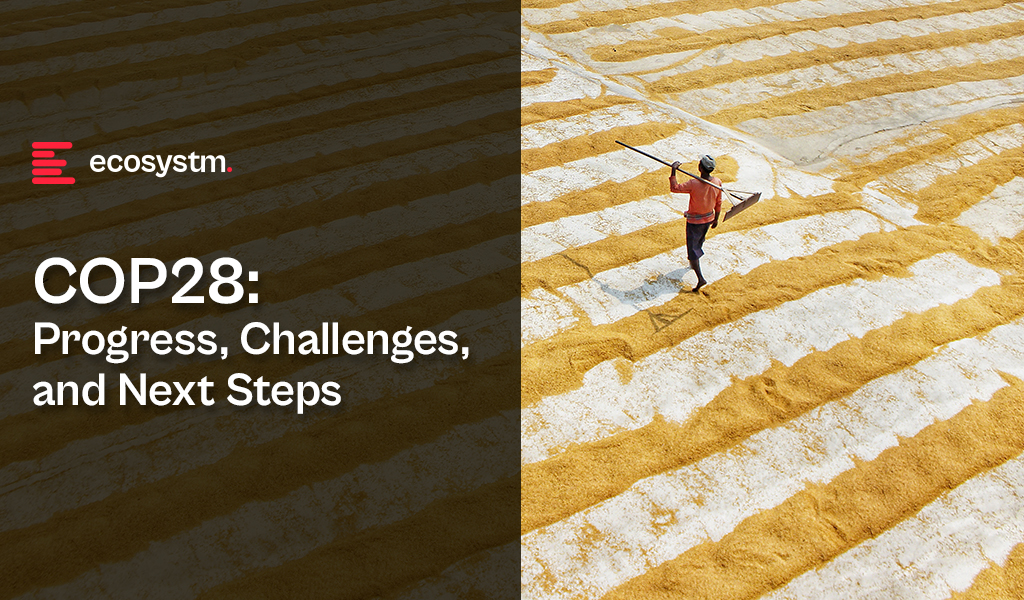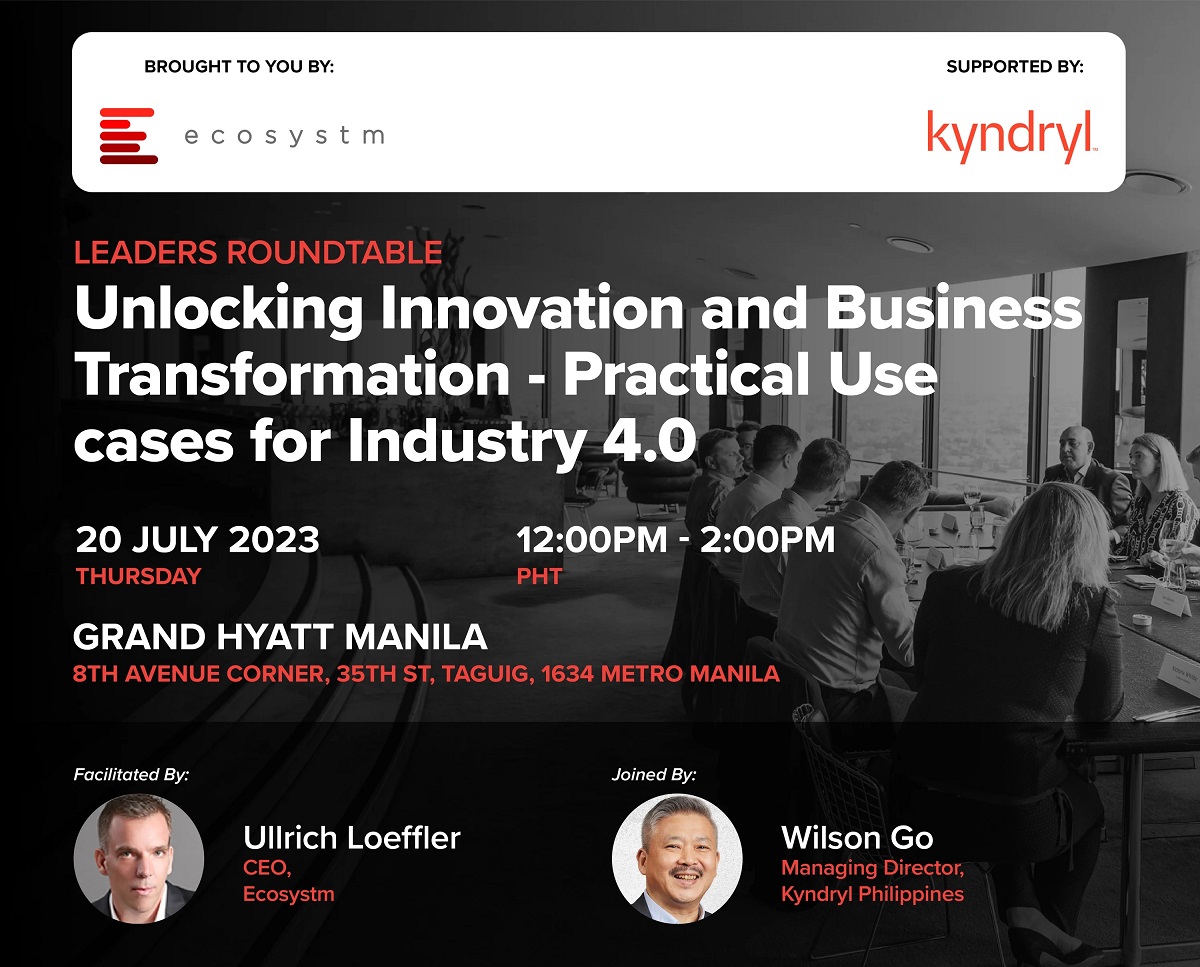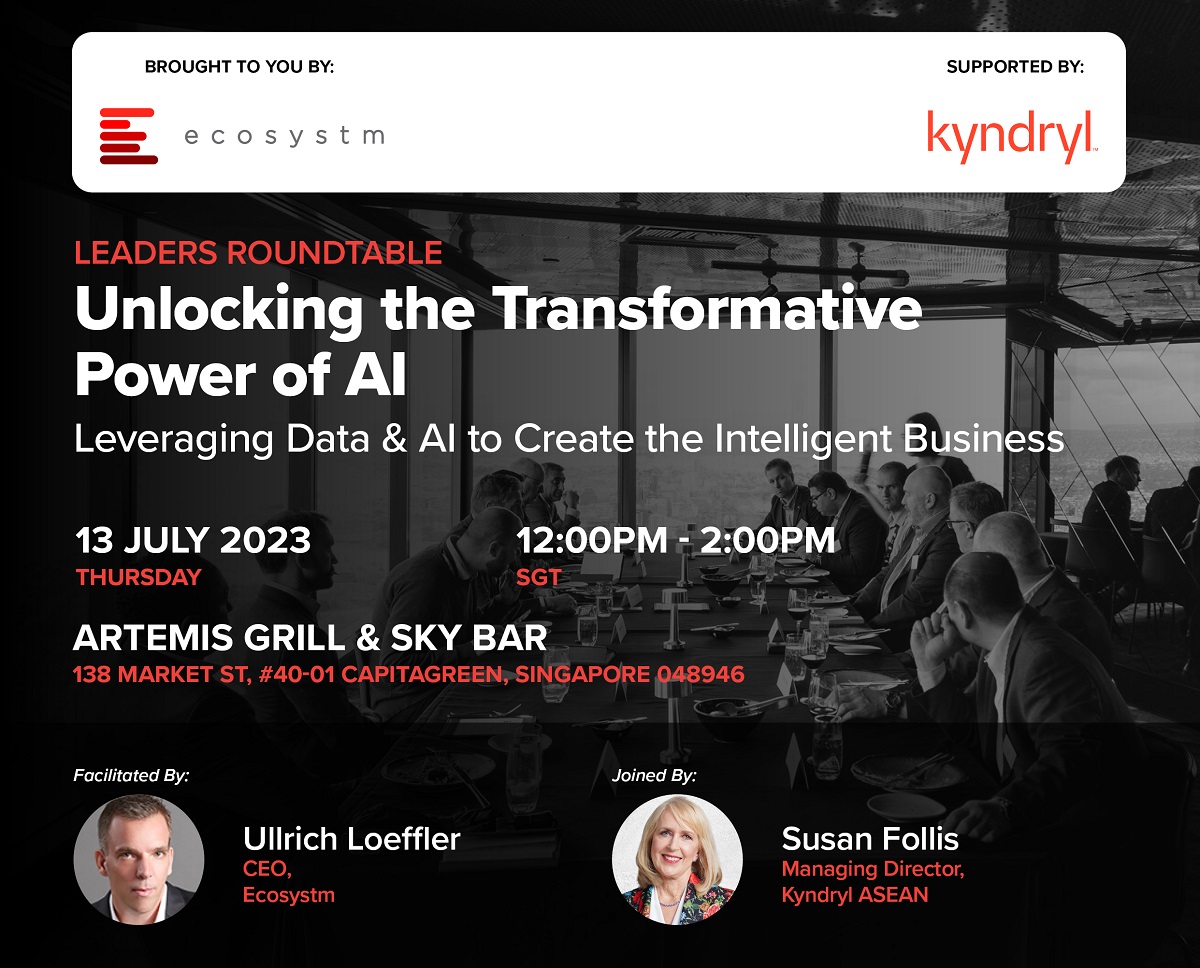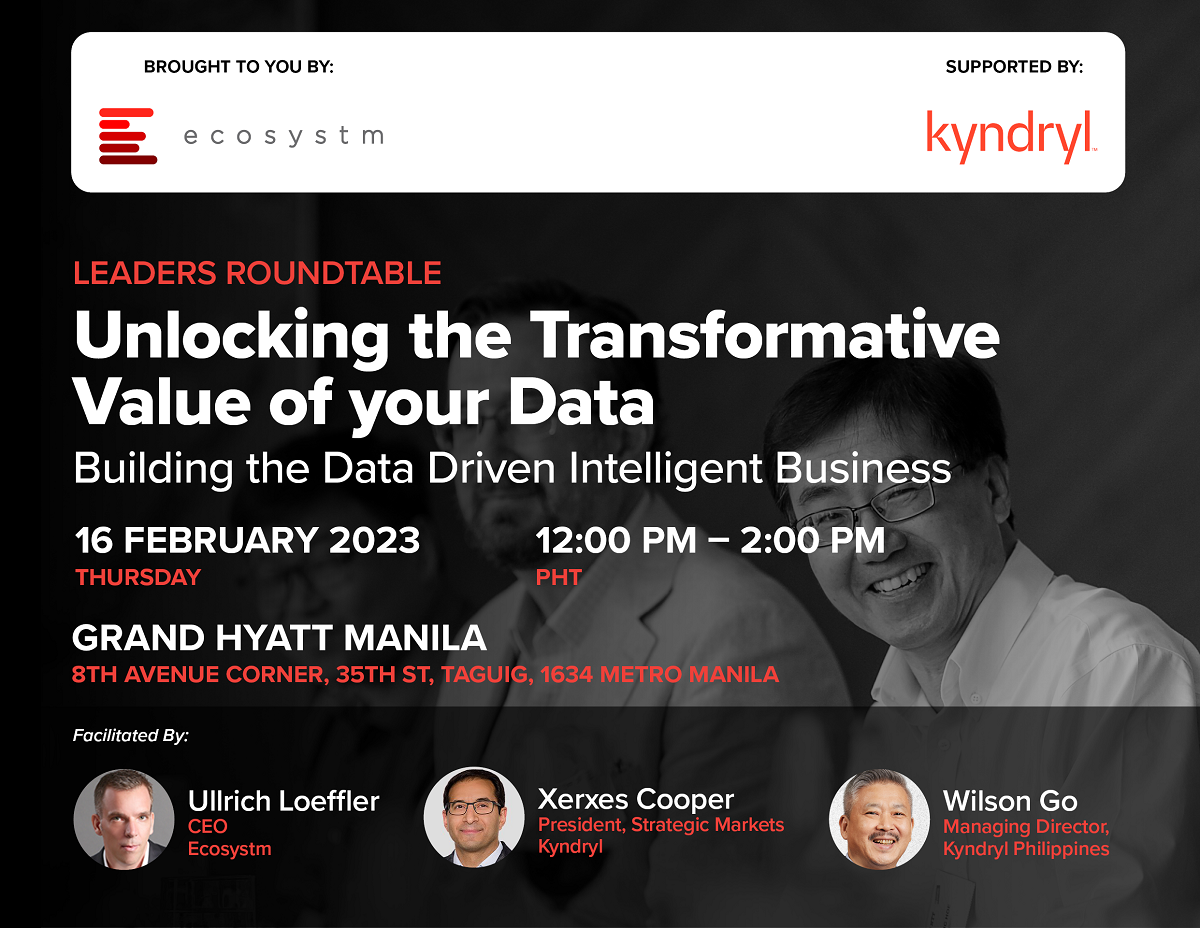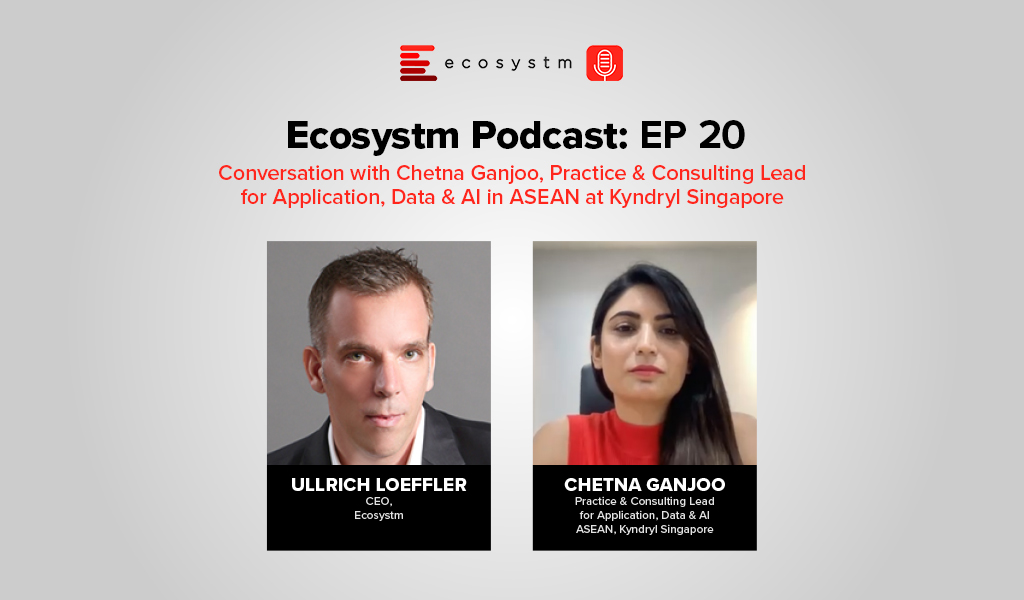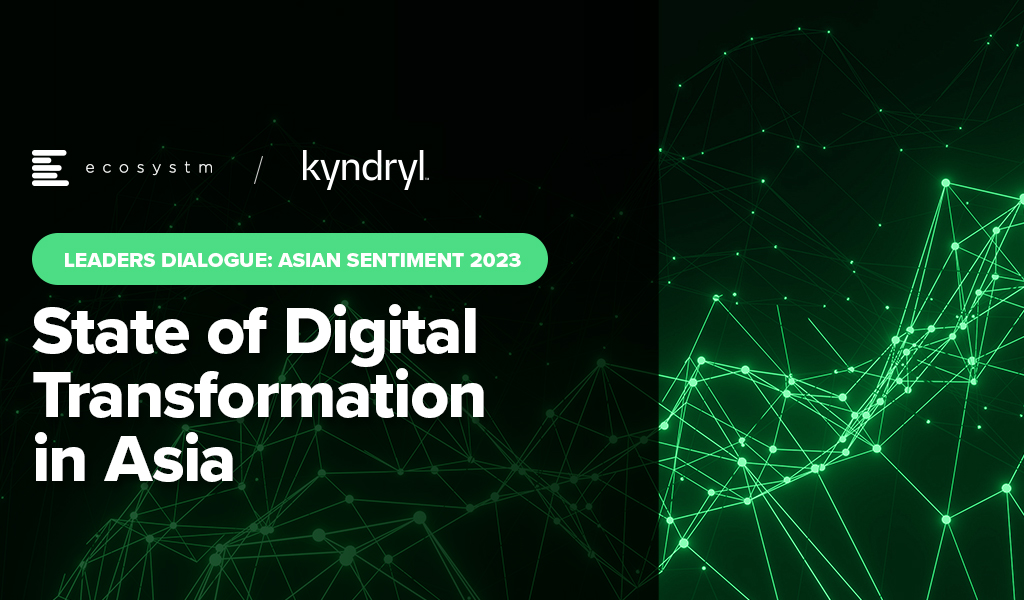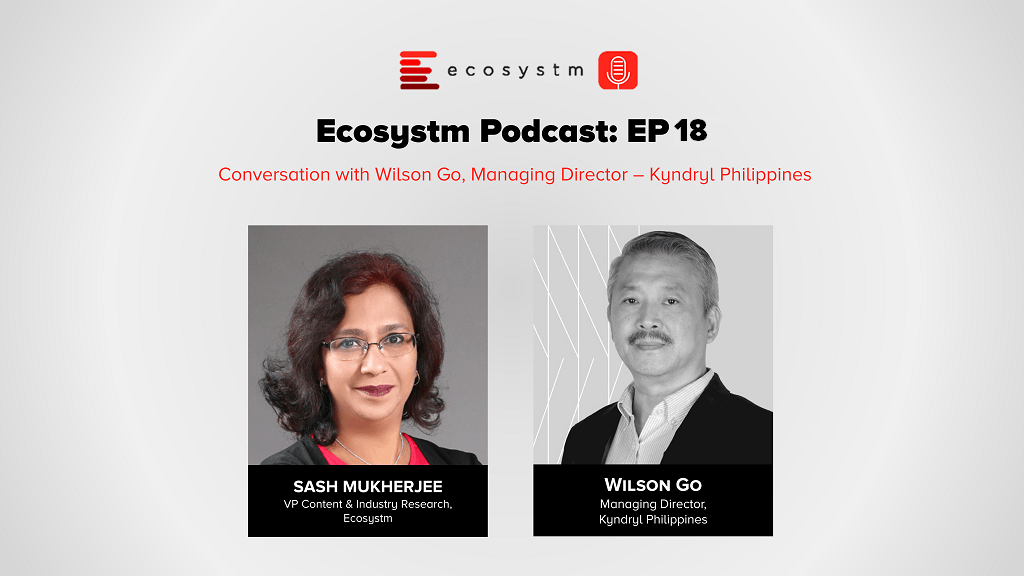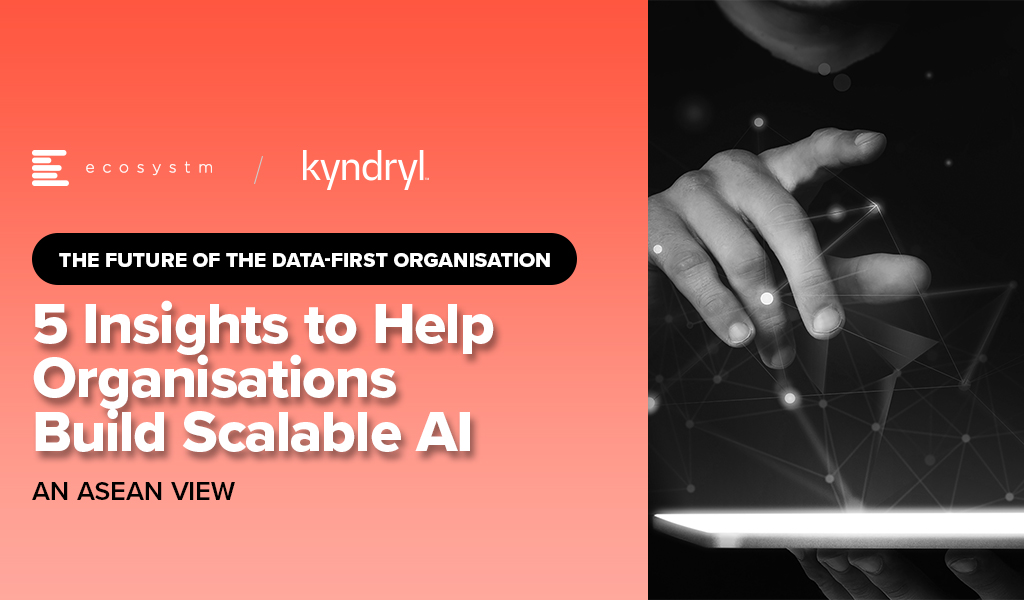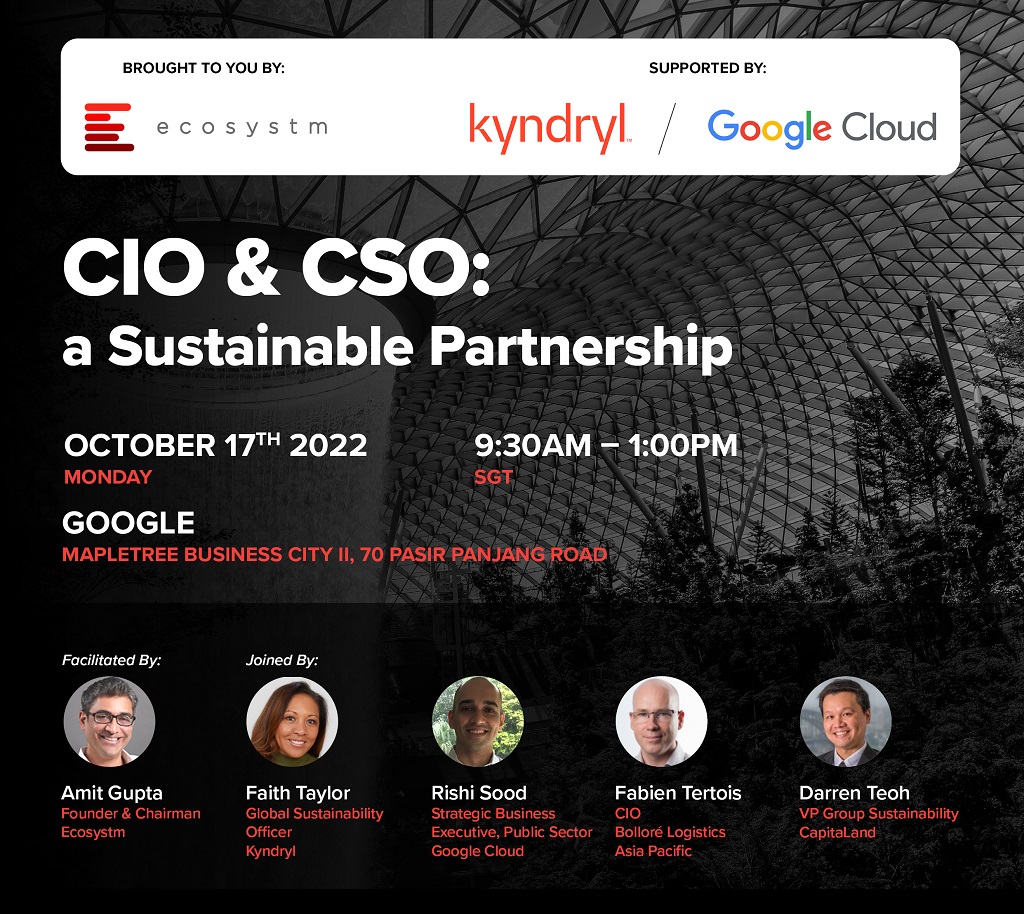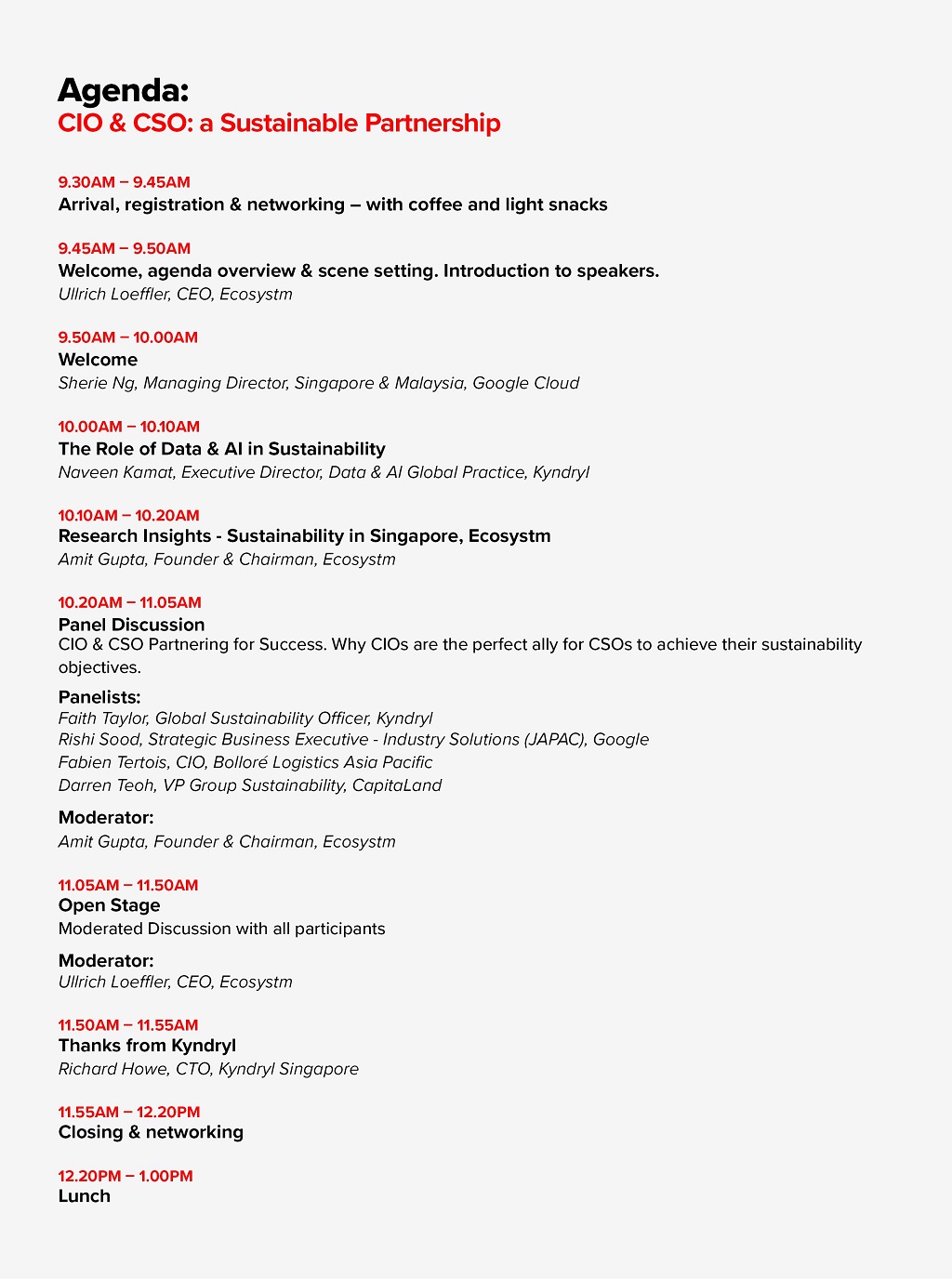The 28th United Nations Climate Change Conference (or COP28) took place at the end of 2023 in one of the most climate-vulnerable countries in the world – the UAE. The event brought together nations, leaders, and climate experts to unite around tangible climate action and deliver realistic solutions.
COP28 marked a watershed moment in the global effort to fight climate change because it concluded the first Global Stocktake – a routine assessment of progress under the Paris Agreement that occurs every five years. It is clear that we are not on track to meet the agreement’s goals, but the decisions and actions taken during COP28 can redefine the trajectory of climate action.
COP27: Laying the Foundation
COP27 laid the groundwork for this year’s conference. The summit focused on mitigation, adaptation, finance, and collaboration. The key outcomes of COP27 included the creation of the loss and damage fund, new pledges to the Adaptation Fund, and advancements in the Santiago Network focused on technical support for climate-affected regions. The conference also saw progress on the Global Stocktake and formal recognition of new issues such as water, food security, and forests within climate deliberations.
However, there was widespread criticism for failing to live up to the urgency of impending climate crisis. Despite being called the “implementation COP”, nothing decisive was done to ensure global warming is limited to 1.5 degrees celsius.
COP28: Milestones
Launching the first-ever Global Stocktake. The Global Stocktake was the spotlight of this year’s event and covered various climate issues, including energy, transport, and nature. Despite strong opposition from Oil & Gas interests, negotiators secured an agreement indicating the start of the end of the fossil fuel era – a much-needed conclusion to the hottest year in history. The next global assessment of Paris Agreement targets is expected to take place at COP33 in 2028.
Supporting sustainable agriculture. A landmark declaration on sustainable agriculture was adopted to address climate-related threats to global food systems. Signed by 160 countries, the declaration pledged a collective commitment by participating nations to expedite the integration of agriculture and food systems into national climate actions by 2025. For the first time ever, the summit also featured an entire day devoted to food and agriculture and saw a food systems roadmap laid out by the Food and Agriculture Organisation (FAO).
Operationalising the “Loss and Damage” fund. The conference saw the approval of the “loss and damage fund” that was first tabled at COP27 last year. The fund has been a long-requested support for developing nations facing the impact of climate change.
Tripling renewables and doubling energy efficiency by 2030. 118 countries signed a renewable energy pledge to triple the world’s green energy capacity to 11,000 GW by 2030, reducing the reliance on fossil fuels in generating energy. The pledge is expected to see global average annual rate of energy efficiency improvements from around 2% to over 4% every year until 2030. While the pledge spearheaded by the EU, the US, and the UAE is not legally binding, it is a step in the right direction.
Adapting to a warmer world. COP28 provided a framework for the ‘Global Goal on Adaptation’ to guide countries in their efforts to protect their people and ecosystems from climate change. An explicit 2030 date has been integrated into the text for targets on water security, ecosystem restoration, health, climate-resilient food systems, resilient human settlements, reduction of poverty, and protection of tangible cultural heritage.
Addressing methane. Methane took centre stage at COP28, reflecting its significant role in current global warming. US, Canada, Brazil, and Egypt announced more than USD 1 billion in funding to reduce methane emissions. Despite facing political challenges, these measures signify a shift towards concrete regulatory and pricing tools, marking a step forward in addressing methane’s impact on climate protection.
How COP28 Could Have Been More Impactful
Better funding allocations. Although the “loss and damage” funding agreement seems like a major outcome, the actual financial commitments fell far short. US and China, despite being the world’s largest emitters, extended only USD 17.5 million and USD 10 million to the fund, respectively. There is also debate about how funds should be distributed, with mature countries favouring aid allocation based on vulnerability. This approach might exclude middle-income countries that have suffered significant climate-related damage recently.
More focus on AI. While COP28 tackled critical climate issues, it overlooked a significant concern – the environmental impact of AI. While AI holds promise for improved sustainability, it is important to address the environmental consequences of AI model training and deployment. The absence of scrutiny on the ecological impact of AI represents a missed early opportunity, considering the widespread hype and significant investments in the technology.
Recognising climate refugees. The increase in climate-related displacement is a growing concern, with millions already affected and predictions of a significant rise by 2050. International law does not recognise those displaced by climate events as refugees. Despite this, the topic wasn’t adequately explored at COP28, highlighting the need for inclusive discussions and solutions for safe migration pathways.
A Call for Unified Action
While COP28 and similar forums highlight the severity of the climate crisis, the real power lies in continuous collective conversations that identify gaps, strive to bridge them, and drive meaningful change. Ecosystm, in collaboration with partners Kyndryl and Microsoft, conducted a Global Sustainability Barometer study, that reveals that while 85% of global organisations acknowledge the strategic importance of sustainability goals, only 16% have successfully integrated sustainability into their corporate and transformation strategies with tangible data.
While governments and policy makers continue to focus on building a sustainable future for the planet, this is time for a shift in mindset and action is pivotal for a unified global effort in addressing climate challenges and building a sustainable future – from organisations and individuals alike.

Listen to this podcast as Ecosystm CEO, Ullrich Loeffler, speaks with Chetna Ganjoo, the Practice & Consulting Lead for Application, Data & AI in ASEAN at Kyndryl Singapore. Chetna shares insights on:
- The importance of setting up a solid data foundation for your organisation
- The power of a strong data governance model
- The need to engage key stakeholders to drive successful Data & AI projects
Podcast: Play in new window | Download (4.4MB)
Subscribe Spotify | Amazon Music | JioSaavn | Podchaser | RSS | More
Today, Asia is home to nearly 60% of the world’s population and accounts for 39% of the global GDP. As the region’s importance continues to grow (7 out of the top 10 economies is expected to be from the region, contributing to 47% of the global GDP by 2030), investment in Asia is a key priority for governments and large corporates around the world.
With the region taking centre-stage, there is a growing optimism as opportunities open up for local economies. It remains a unique market – differentiated by a strong spirit of innovation, vibrant startup ecosystem, and propensity to leverage technology to transform.
At the Leaders Dialogue: Asian Sentiment 2023 conversation, Ecosystm Founder and Chairman, Amit Gupta; Ahmed Mazhari, President of Microsoft Asia; Padmashree (Paddy) Santosh, VP & Global Head of Learning, Diversity and Organisation Effectiveness at Olam Agri; and Luca Destefanis, Head of Marketing APAC at Kyndryl discussed where Asia is leading and lagging behind when it comes to tech-led transformation and innovation.
Here are the key highlights:
- Asia demonstrates a “Disrupt or be Disrupted Mindset”
- The need for innovation is encouraging corporate venturing
- There is a growing interest in emerging tech
- Yet organisations might be scratching the surface
- Outcome-led transformation will be the key
Read on for more insights into Asian sentiment.
Download State of Digital Transformation in Asia as a PDF

Last year Ecosystm worked closely with Kyndryl during their ASEAN launch. One year on – where is Kyndryl Philippines headed? Sash Mukherjee, VP Content & Industry Research, Ecosystm speaks to Wilson Go, Managing Director about the evolution of the team in terms of culture and how they are developing resources and skills to serve their customers better.
Wilson and Sash also discuss Philippines market trends, including:
- Wilson and Sash also discuss Philippines market trends, including:
- The evolving cloud first strategy and hybrid cloud adoption by businesses
- The increased focus on data and innovation in a highly customer-focused market
Podcast: Play in new window | Download (5.1MB)
Subscribe Spotify | Amazon Music | JioSaavn | Podchaser | RSS | More
Data & AI initiatives are firmly at the core of any organisation’s tech-led transformation efforts. Businesses today realise the value of real-time data insights to deliver the agility that is required to succeed in today’s competitive, and often volatile, market.
But organisations continue to struggle with their data & AI initiatives for a variety of reasons. Organisations in ASEAN report some common challenges in implementing successful data & AI initiatives.
Here are 5 insights to build scalable AI.
- Data Access a Key Stumbling Block. Many organisations find that they no longer need to rely on centralised data repositories.
- Organisations Need Data Creativity. A true data-first organisation derives value from their data & AI investments across the entire organisation, cross-leveraging data.
- Governance Not Built into Organisational Psyche. A data-first organisation needs all employees to have a data-driven mindset. This can only be driven by clear guidelines that are laid out early on and adhered to by data generators, managers, and consumers.
- Lack of End-to-End Data Lifecycle Management. It is critical to have observability, intelligence, and automation built into the entire data lifecycle.
- Democratisation of Data & AI Should Be the Goal. The true value of data & AI solutions will be fully realised when the people who benefit from the solutions are the ones managing the solutions and running the queries that will help them deliver better value to the business.
Read below to find out more.
Download 5 Insights to Help Organisations Build Scalable AI – An ASEAN View as a PDF



